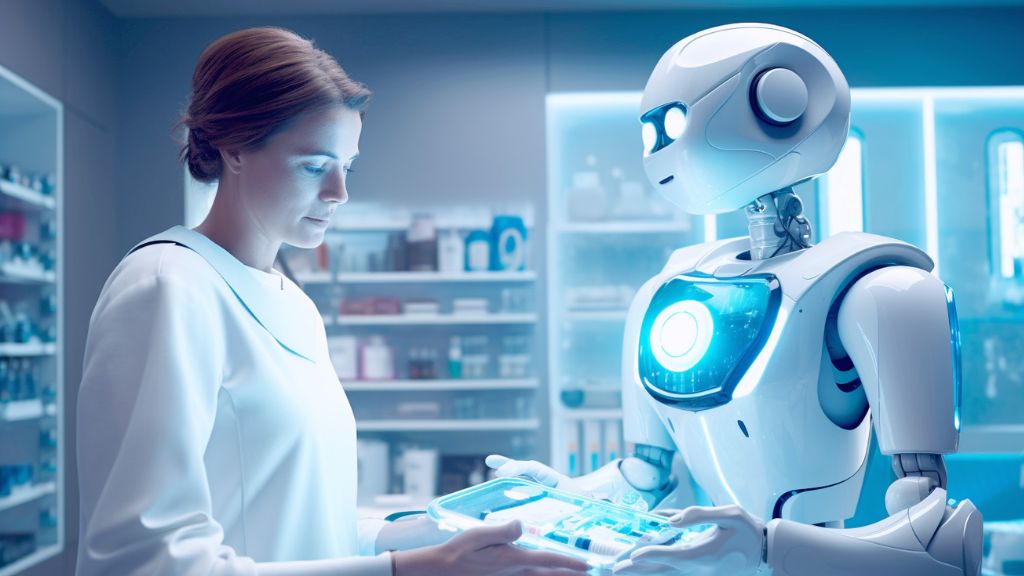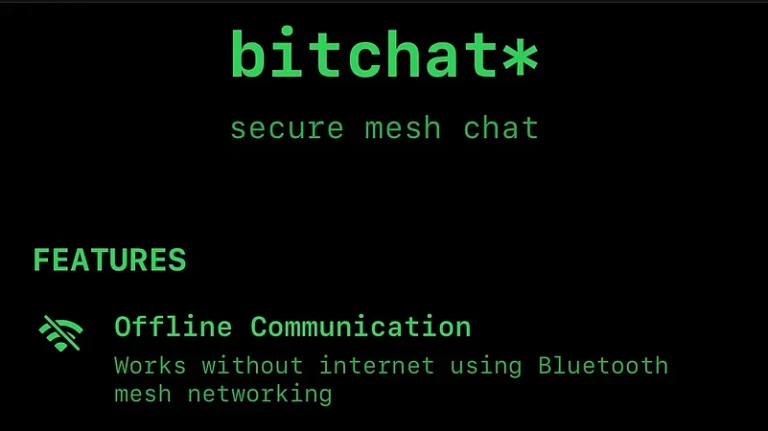
The landscape of healthcare is undergoing a seismic shift, thanks to the advent of artificial intelligence (AI) and robotics. This transformation isn’t just futuristic speculation; it’s happening now, reshaping how care is delivered, how treatments are personalized, and how operational efficiencies are achieved within the medical field.
AI: The New Diagnostic Virtuoso
AI’s capability to analyze vast datasets has led to breakthroughs in diagnostic accuracy. Machine learning algorithms are now able to detect diseases from imaging scans with a precision that rivals, and sometimes surpasses, that of human specialists. For instance, AI systems are being utilized for early detection of conditions like cancer or cardiovascular diseases, where early intervention can significantly alter outcomes. Posts on X reflect a growing sentiment around AI’s role in radiology, where AI-driven tools enhance imaging analysis, reducing the time for diagnosis and improving follow-up care.
Robotics: Precision and Beyond
On the surgical front, robotics has moved from science fiction to operating theaters. Robotic surgery systems like the da Vinci Surgical System offer unparalleled precision, flexibility, and control, allowing for minimally invasive procedures that reduce recovery times and improve patient outcomes. These robots aren’t autonomous but act as an extension of the surgeon’s hand, offering a level of steadiness and accuracy that human hands might struggle to achieve.
Enhancing Patient Care and Experience
Beyond the operating room, AI and robotics contribute to patient care through monitoring and personalization. Wearables and AI-driven analytics help in real-time health monitoring, predicting potential health issues before they become critical. This continuous oversight allows for personalized medicine, where treatments are tailored not just to the disease but to the individual’s health profile.
Operational Efficiency and Workforce Support
The integration of AI into healthcare also addresses administrative burdens. AI algorithms streamline billing, manage patient records, and optimize scheduling, thereby reducing the workload on healthcare staff and minimizing errors. This operational efficiency leads to cost savings and, more importantly, allows medical professionals to focus more on patient care rather than paperwork.
Ethical and Practical Challenges
However, this transformation isn’t without its challenges. The integration of AI and robotics raises significant ethical questions regarding data privacy, the potential for job displacement, and the need for new regulatory frameworks. Discussions on X and other platforms highlight concerns over AI’s ethical deployment, emphasizing the importance of maintaining human rights and ethics at the core of technological advancements.
Looking Ahead
The future of healthcare with AI and robotics looks promising but requires careful navigation. As these technologies evolve, so must the policies governing them, ensuring they serve humanity’s best interests. The potential for AI and robotics to make healthcare more accessible, efficient, and effective is immense, but it hinges on our ability to integrate these technologies thoughtfully into our health systems.
As we stand on the brink of this new era in healthcare, it’s clear that AI and robotics aren’t just tools but partners in the quest for better health outcomes. This partnership, as echoed in various posts and articles across platforms like X, signifies a collective move towards a future where technology and humanity converge for the betterment of health.





